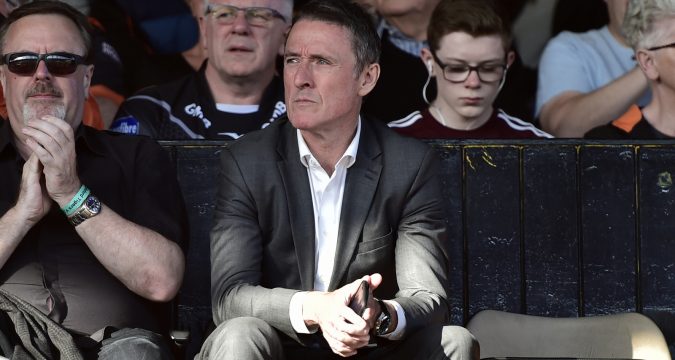 "Will it bring in new revenue the other clubs will be able to share in?"
Those were the words of Super League chief executive Robert Elstone when explaining what Super League wanted from Toronto Wolfpack.
Elstone wants to know if Toronto can fill the coffers of his other eleven clubs, who all benefitted to the sum of £140,000 each this year,
"Will it bring in new revenue the other clubs will be able to share in?"
Those were the words of Super League chief executive Robert Elstone when explaining what Super League wanted from Toronto Wolfpack.
Elstone wants to know if Toronto can fill the coffers of his other eleven clubs, who all benefitted to the sum of £140,000 each this year, One rule for one, another for the rest? If Elstone wants to scrutinise Toronto he should also look closer to home.
 "Will it bring in new revenue the other clubs will be able to share in?"
Those were the words of Super League chief executive Robert Elstone when explaining what Super League wanted from Toronto Wolfpack.
Elstone wants to know if Toronto can fill the coffers of his other eleven clubs, who all benefitted to the sum of £140,000 each this year,
"Will it bring in new revenue the other clubs will be able to share in?"
Those were the words of Super League chief executive Robert Elstone when explaining what Super League wanted from Toronto Wolfpack.
Elstone wants to know if Toronto can fill the coffers of his other eleven clubs, who all benefitted to the sum of £140,000 each this year, 